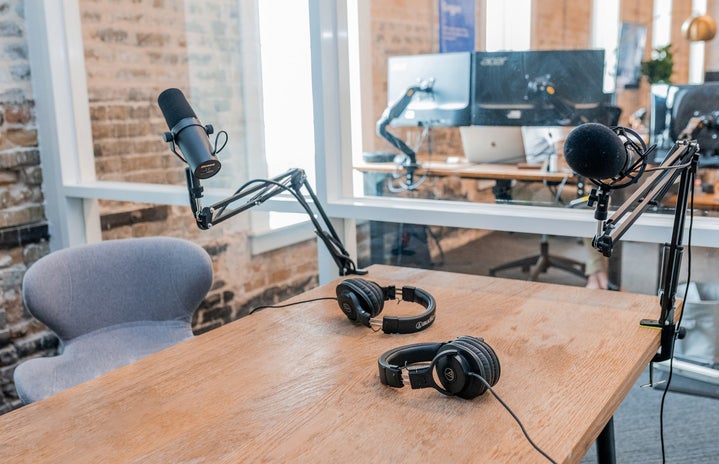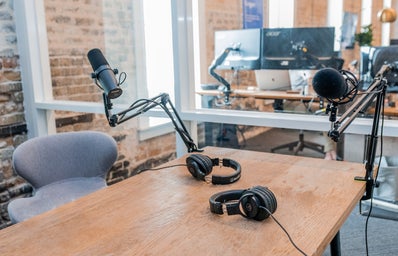From strong critic to acclaimed interviewer, anchor of the program “O É da Coisa” on BandNews FM transparently discuss topics of public interest
The audience and the president Luiz Inácio Lula da Silva felt surprised and complimented Reinaldo Azevedo‘s attitude after the interview on March 2nd. Even with a past of strong critics against the president, the journalist conducted the conversation, that lasted more than an hour, bringing up issues that are essential to the population and information that nobody knew.
Reinaldo Azevedo has worked at Veja and JovemPan, and is also the protagonist of an old video in which he vehemently affirms that Lula is guilty of Brazilian crisis. Today he is a columnist for Folha de S. Paulo, anchor of the program “O É da Coisa” on BandNews FM and a political commentator on RedeTV!.
Commitment to population and autonomy
Reinaldo Azevedo positions himself at the beginning of the interview by making the remark that he, as an opinion journalist, will put his impressions and will be inserted in the questions. “I am an opinator. So obviously my opinions are going to be here, I just don’t want them to appear more than yours [Lula],” he says. But can a journalist put himself this way?
Camilo Vannuchi – professor at Cásper Líbero University, journalist and author of the biographies “Vala de Perus” and “Maria Letícia Lula da Silva” – comments how the journalistic practice works with transparency, independence, and the search for objectivity.
According to him, Reinaldo’s attitude is due to a vision that the population currently has of the interviewer as an ally of the president. As the journalistic duty is to charge and criticize the State, as a kind of Fourth Estate, the journalist’s approach to the presidential figure would leave him out of his task and generate doubt in the spectator.
“You don’t hide who you are. There have been other interviews in which the interviewer confesses his fault and reminds Lula that he was once an adversary, in recent times” points out the professor. Reinaldo and the current president were once on opposing sides in the political scenario and they remember this during the conversation, positioning themselves transparently with those who watch them.
At the beginning of the interview, broadcast by BandNews FM, they made this preamble to criticism and comments, in which Lula asks for the interview to be the spitting image of Reinaldo. The journalist’s opinions are explicit in comments, but also in the treatment and selection of questions.
Camilo analyzes that it is important to defend this journalistic independence, valuing transparency with population. He also says that it does not interfere in the good execution of any journalistic product, as he quotes references such as Florestan Fernandes Júnior and Mônica Bergamo. According to the book “The Elements of Journalism”, by Bill Kovach and Tom Rosenstiel, transparency is the journalist’s source of credibility, being a social obligation and a commitment to the public.
The search for objectivity
Reinaldo Azevedo repeats a phrase said in their last interview together, in 2021, inciting viewers to find evidence against Lula in Sergio Moro‘s sentence in the Lava Jato case. So what can journalism students learn from this? As Lula himself says at the beginning of the program, “Don’t stop being who you are by interviewing me”.
The professional’s positioning, such as political affiliations and sides, has always existed. Far from being impartial, the journalist produces his worldview, because besides of being a journalist, he is still a human being. This is why interviews, reports or articles need to be as objective as possible.
“People that do journalism are individuals. They elect presidents, they vote. They participate in the democratic process and they are in the role of reporter, in the role of journalist. They need to conduct journalism as objectively as possible.”
Camilo Vannuchi
Camilo points out how the professional is pejoratively labeled when he defends any of the polarized sides, nowadays. Before, people could see the serious, respectful journalist, who would know how to separate these things.
Reinaldo’s openness in the interview should be highlighted and serve as an example to always seek objectivity and verification, managing to show people the necessary information to exercise their citizenship.
—————————-
The article above was edited by Ana Beatriz Aith.
Liked this type of content? Check out Her Campus Casper Libero for more!


